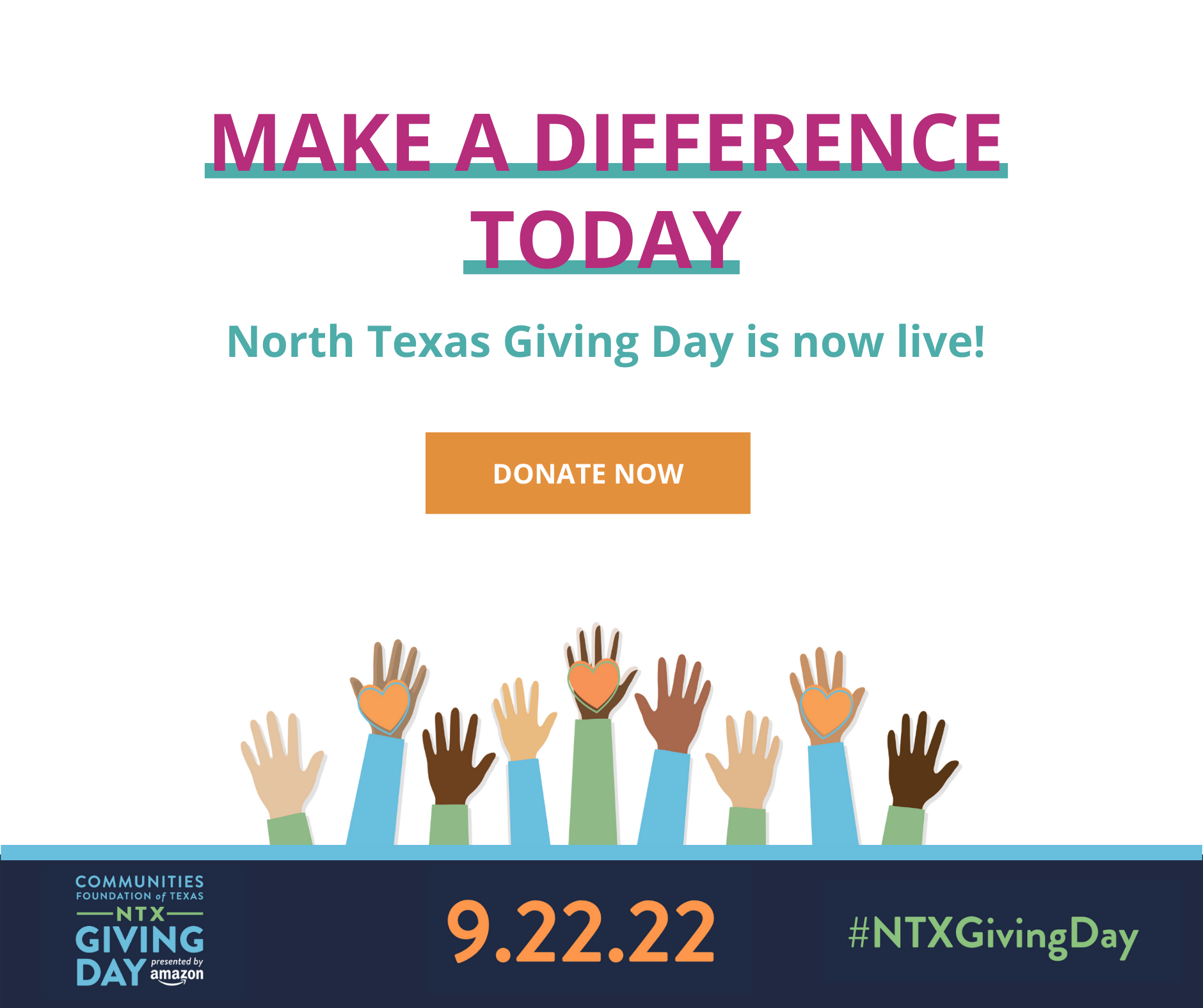TexProtects’ vision is one where every child is safe, nurtured, and resilient — no matter the color of their skin. This vision cannot be realized while families of color continue to be wounded by systemic racism and injustice. As part of our effort to speak out and stand up against injustice, this blog is part of a series to highlight existing inequalities in our child protection systems. A deepened understanding of these issues can help us know better and do better so that Texas is a safe place to be born – where families can thrive and where every individual is seen and valued equally.
TexProtects takes a comprehensive approach to the prevention of child abuse and neglect and recognizes the Center for Disease Control’s Essential for Childhood framework which includes the following strategies: strengthening economic supports for families, changing social norms to support parents and positive parenting practices, providing quality care and education early in life, enhance parenting skills to promote healthy child development and intervening to lessen harm and prevent future risk and occurrence.
As our communities have been challenged by COVID-19, Texas families of all kinds have had to find enormous strength and resilience. This moment is an opportunity to reflect upon how our own wellbeing is related to the health of everyone in our community.
Evidence shows that children and mothers of color have long faced stark health disparities, which now may be worsened by the effects of COVID-19. Black and Native American babies have a much higher risk of birth complications, low birthweight, and death within their first year of life in comparison to white babies. Black mothers face even more pronounced health disparities: maternal mortality among Black mothers is more than three times higher than among their white peers. These disparities are driven in part by the fact that families of color often have less access to healthcare. According to Zero to Three’s 2020 State of Babies, 7.7% of Latinx/Hispanic women and 9.9% of Black women in the United States receive late or no prenatal care whatsoever compared to 4.5% of white women. In Texas, these disparities are particularly pronounced: 15.1% of Black women and 10.5% of Latinx/Hispanic women receive insufficient prenatal care compared to 6.3% of white women.
Racial discrimination is a distinct factor that drives both low healthcare access and poor health outcomes for families of color. Researchers from Zero to Three affirm that racism accounts for huge differences which cannot be explained by other contributing factors such as poverty, lack of local resources, or low education levels. As a result, mistrust of medical systems is common among people of color. According to Zero to Three’s State of Babies, nearly 1/3 of Black Americans report that they have personally experienced racial discrimination during a healthcare visit and 22% report sometimes avoiding care because they fear discrimination. These fears are warranted. Rates of maternal mortality and delivery complications demonstrate that minority women and children often receive lower-quality hospital care. Racial health disparities have persisted over multiple decades and are not improving over time. In fact, the racial health divide may actually be deepening because of COVID-19.
New mothers often rely upon a trusted network of family and friends. Robust social supports such as these are a crucial protective factor for families of color. Unfortunately, due to social distancing, mothers of color currently have less access to social support. Black women in particular have an elevated risk of postpartum depression and more severe postpartum conditions including postpartum post-traumatic stress disorder (PTSD), which can develop if childbirth is especially traumatic. Low social support is a significant risk factor for such conditions and isolation has negative impacts on overall health. These facts suggest that pregnant women and mothers of color have a heightened risk of serious physical and mental health complications during this pandemic.
As communities come together to take care of each other, we must ensure that Black, Latinx/Hispanic, and Native American families are not left behind. To achieve the strongest possible outcomes for all, we must meaningfully address health disparities in our communities, beginning with the earliest days of each child’s life. TexProtects is proud to be a part of the Prenatal to Three (PN-3) Collaborative which works to ensure more young Texas children benefit from effective and well- funded programs that promote healthy beginnings, supported families, and quality early care (learn more).
COVID-19 has forced us all to reimagine what normal looks like on an individual level. Our health systems are also reimagining how they will protect us through and beyond this health crisis. Although that process will be challenging, it has the potential to foster new innovations. Now is the time to overturn the status quo of a system which has failed to provide equal care to all children. TexProtects is committed to a future where equality in child and maternal healthcare is the new normal.



